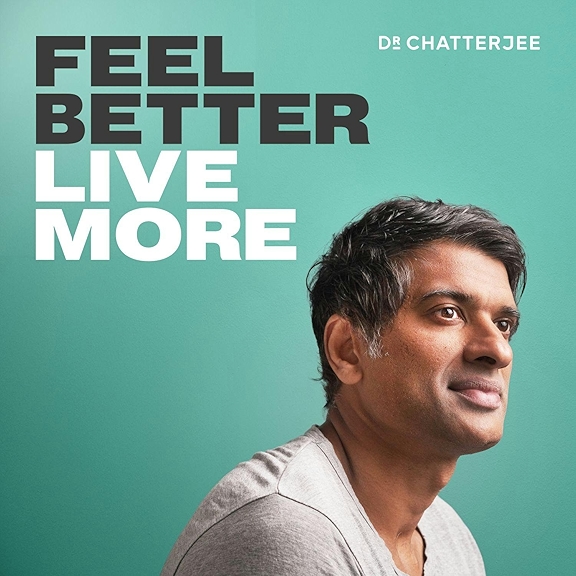
Dr. Joan Ifland: Understanding Ultra-Processed Foods and Addiction
In a world where convenience often dictates our food choices, the true cost of such decisions remains hidden from the average consumer. In this week's episode, Dr. Joan Ifland, an expert on Food Addiction, discusses the impacts of ultra-processed foods on health and addiction, revealing startling insights into our eating habits and their consequences.
Dr. Ifland begins by examining the NOVA organization's food classifications, which are instrumental in identifying the myriad of ingredients present in today's food products. NOVA categorizes foods based on their processing level, and while this system helps to highlight the link between ultra-processed foods and health issues, it is not without its shortcomings. The complexity arises when attempting to discern the line between causation and correlation, particularly as it pertains to the relationship between obesity and the consumption of processed foods. Dr. Ifland argues that physical limitations associated with obesity might limit an individual's ability to prepare home-cooked meals, rather than processed foods being the direct cause of health problems.
Further complicating the issue is NOVA's designation of certain ingredients, such as sugar and flour, as safe for home cooking, despite their potential to trigger addiction pathways similar to those affected by hard drugs. This conversation illuminates the hidden dangers in our diets, as even ingredients deemed 'safe' can be problematic for individuals with a predisposition to food addiction. Dr. Ifland urges caution and emphasizes the need for clarity in our understanding of what truly constitutes a 'healthy' diet.
The discussion delves deeper into the nature of food addiction and recovery, citing over two thousand studies that suggest processed foods can activate the brain's reward pathways in much the same way as opiates. Dr. Ifland's stance is clear: a return to simplicity and whole foods is paramount. The struggle many face with moderation, particularly within eating disorder programs, can lead to a cycle of shame and continued unhealthy eating. Dr. Ifland advocates for the recognition of problematic foods—specifically processed and ultra-processed items—and calls for a dismissal of the polarizing debates that often overshadow dietary discussions.
One of the most profound connections drawn by Dr. Ifland is the link between eating disorders and addiction, particularly the hyperactivity of reward systems within the brain. This similarity may indicate that for some individuals, abstinence could be a more viable path to recovery than moderation. Yet, she acknowledges the immense emotional and cultural hurdles that come with forsaking processed foods, which are often entwined with family traditions and expressions of love.
The episode concludes with a call to action. Listeners are encouraged to join the movement advocating for clearer terminology and understanding around food processing and addiction. Dr. Ifland's insights are not merely for contemplation but for tangible change. By recognizing the effects of dietary choices and advocating for a common language, society can take steps toward improved health and awareness.
Read More:
Got questions? I'd like to hear from you.
Florence's courses & coaching programs can be found at:
www.FlorenceChristophers.com
Connect with Florence on:
FACEBOOK | TWITTER | INSTAGRAM | YOUTUBE




















